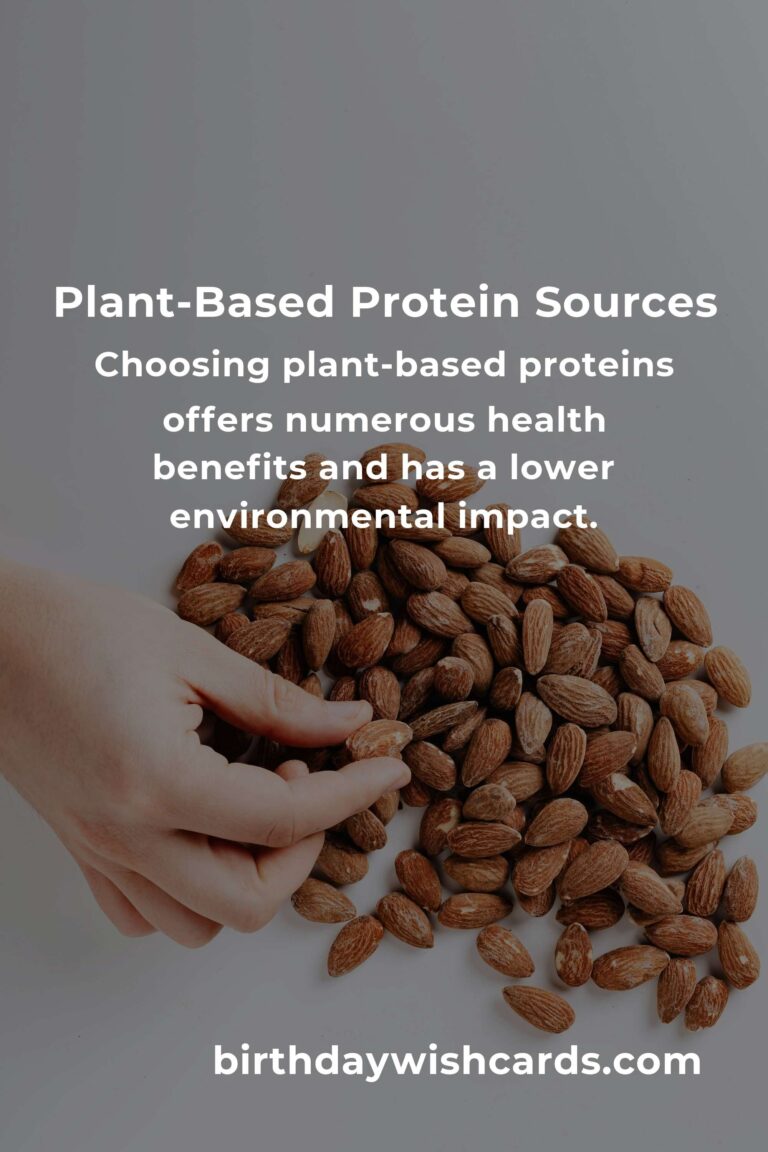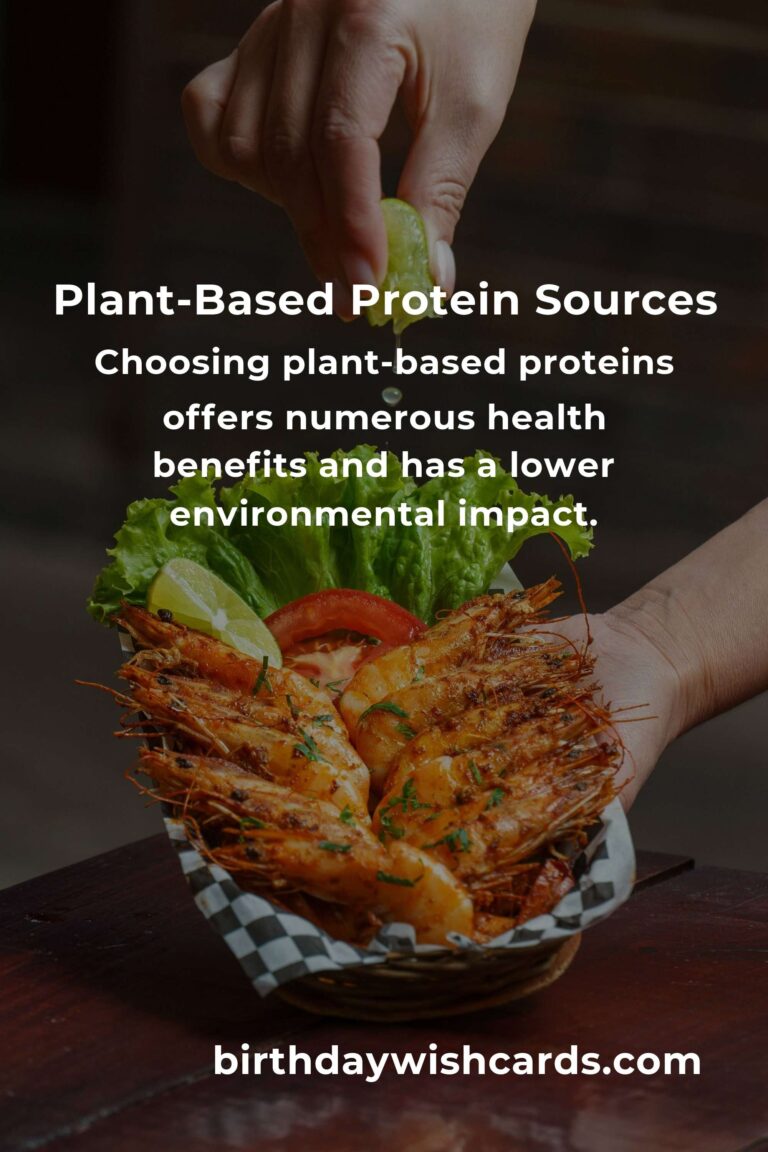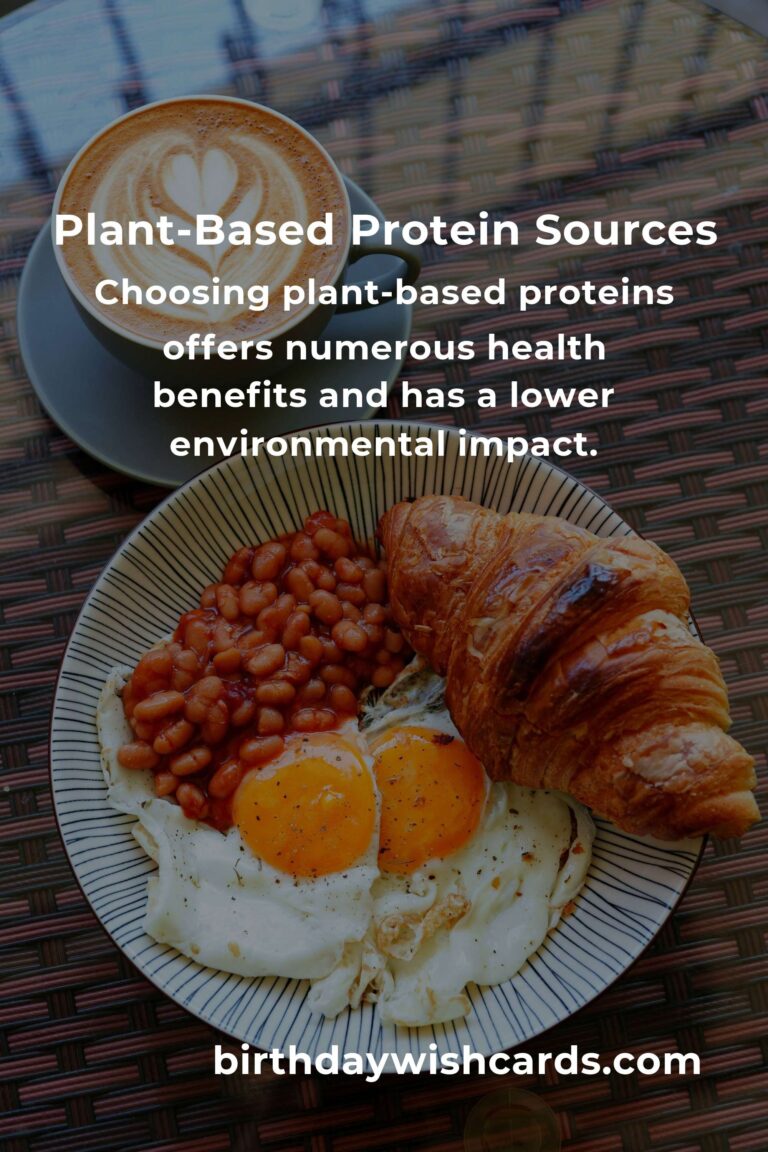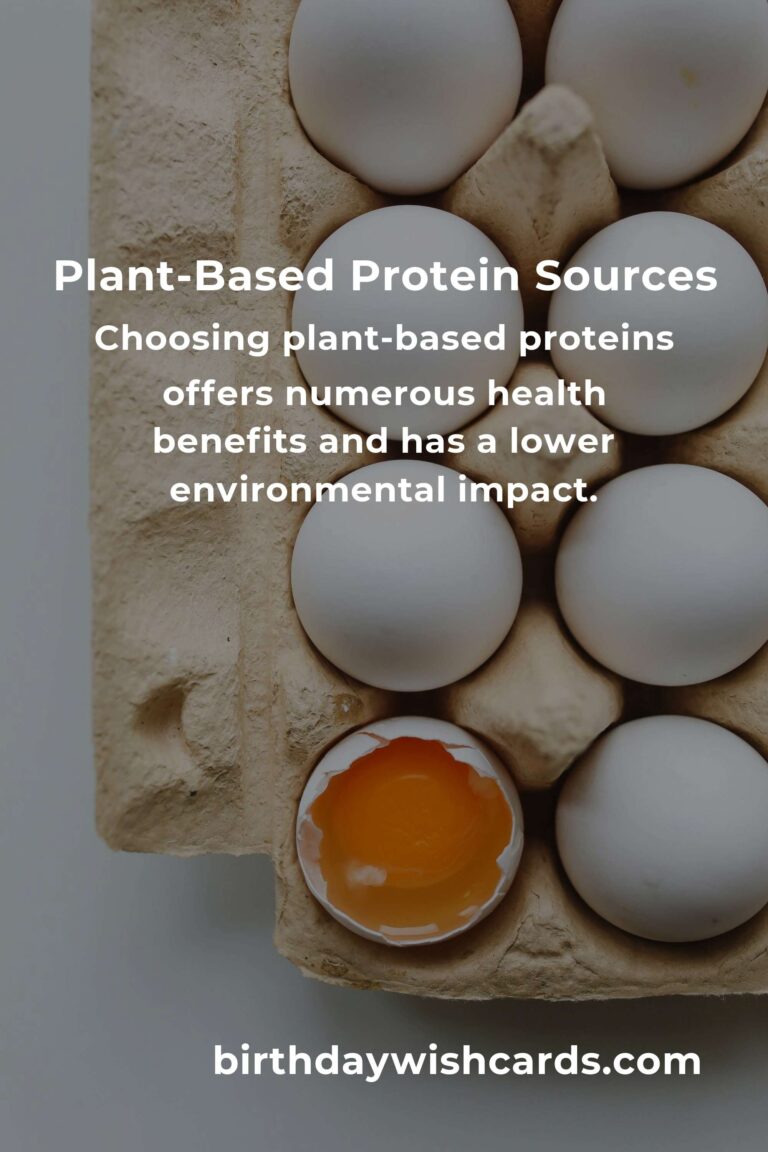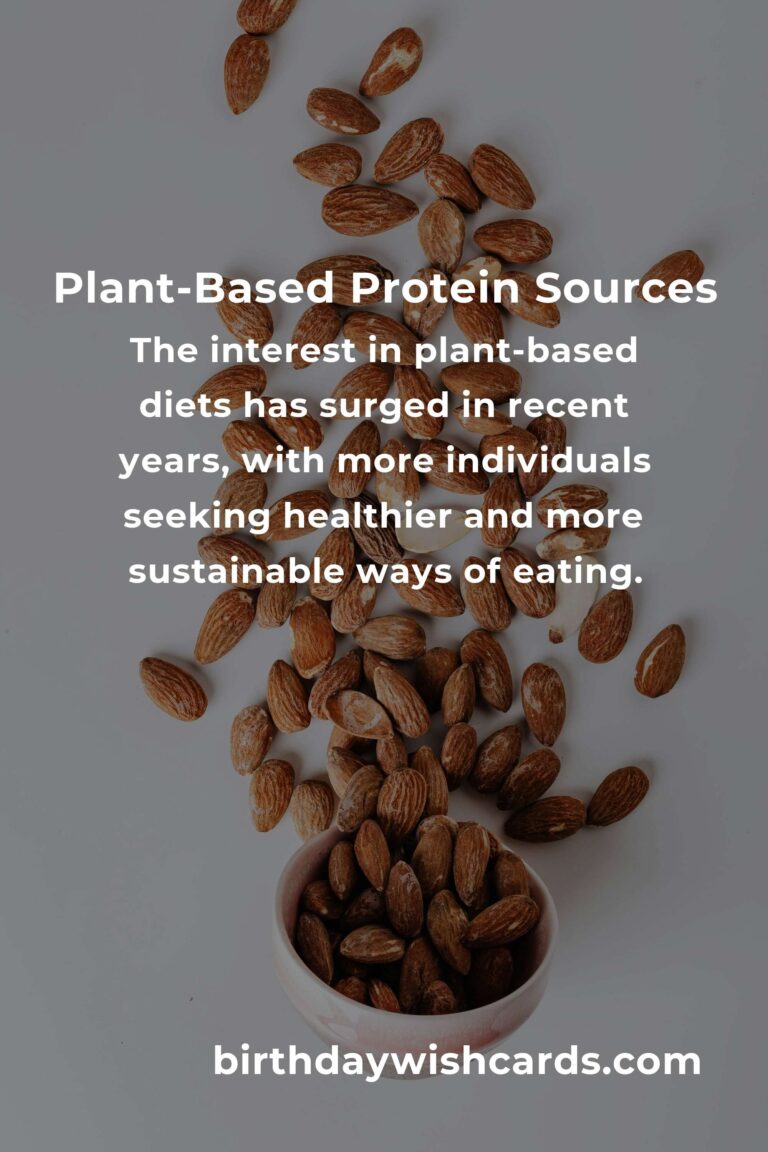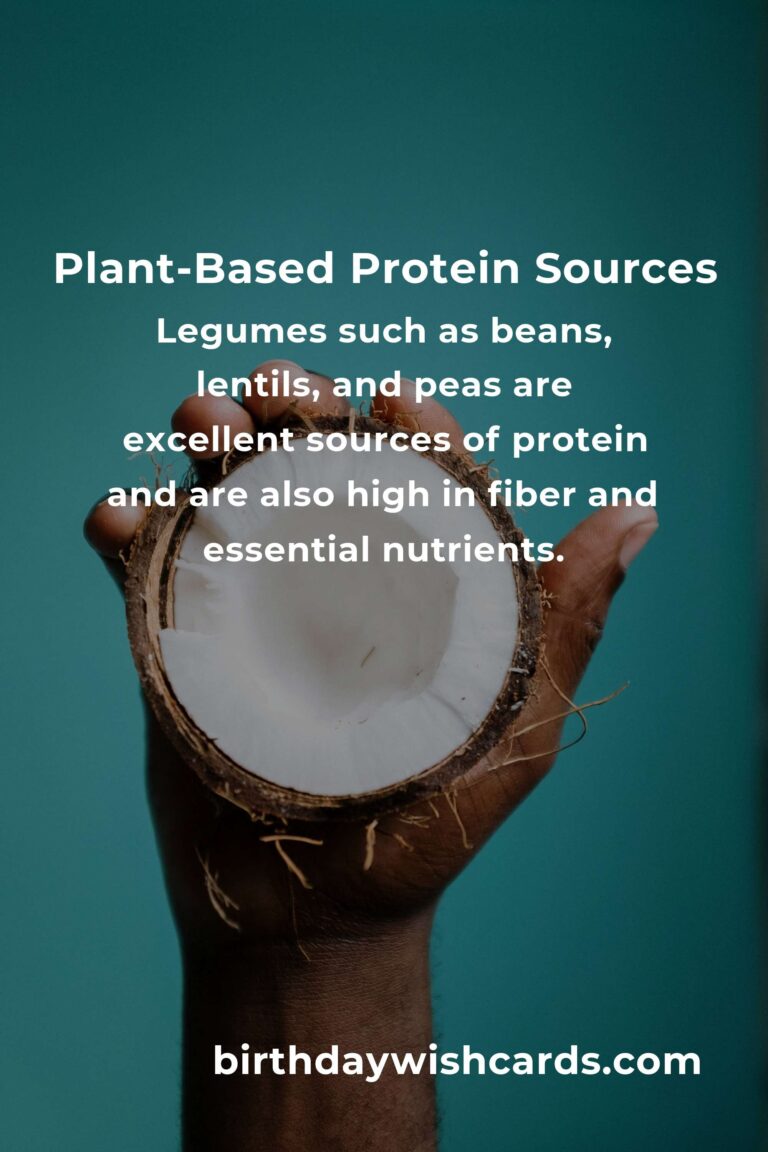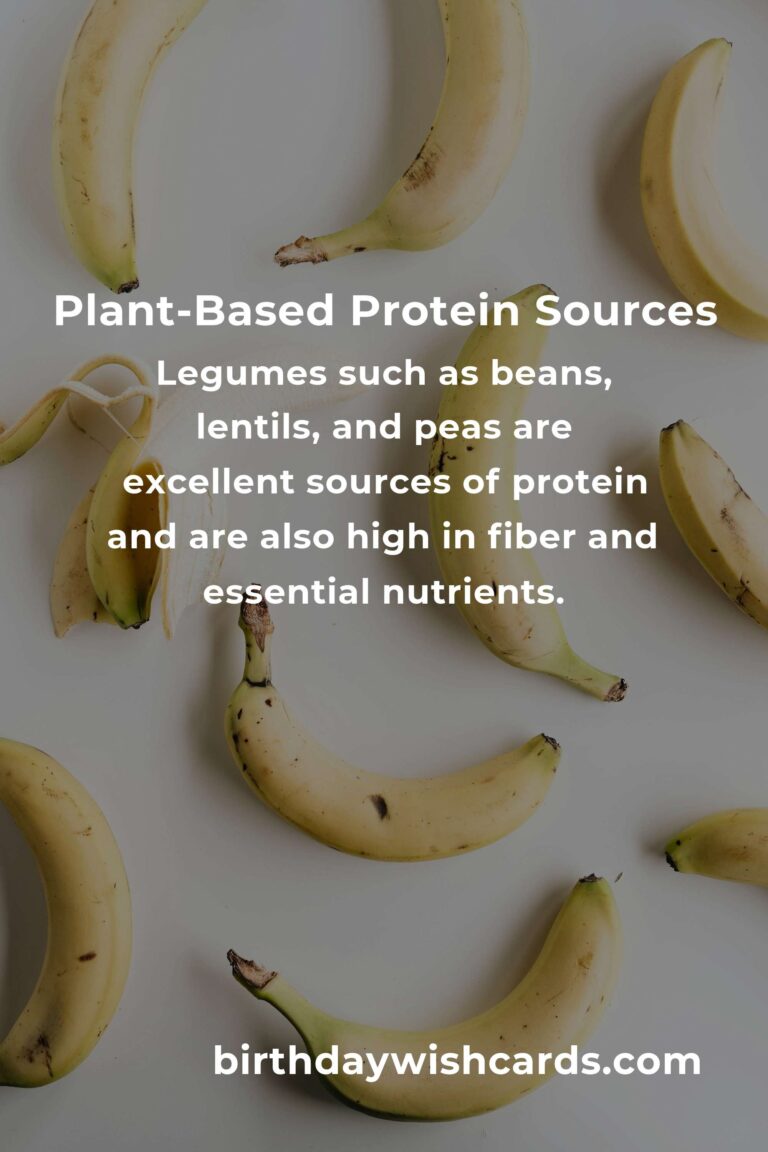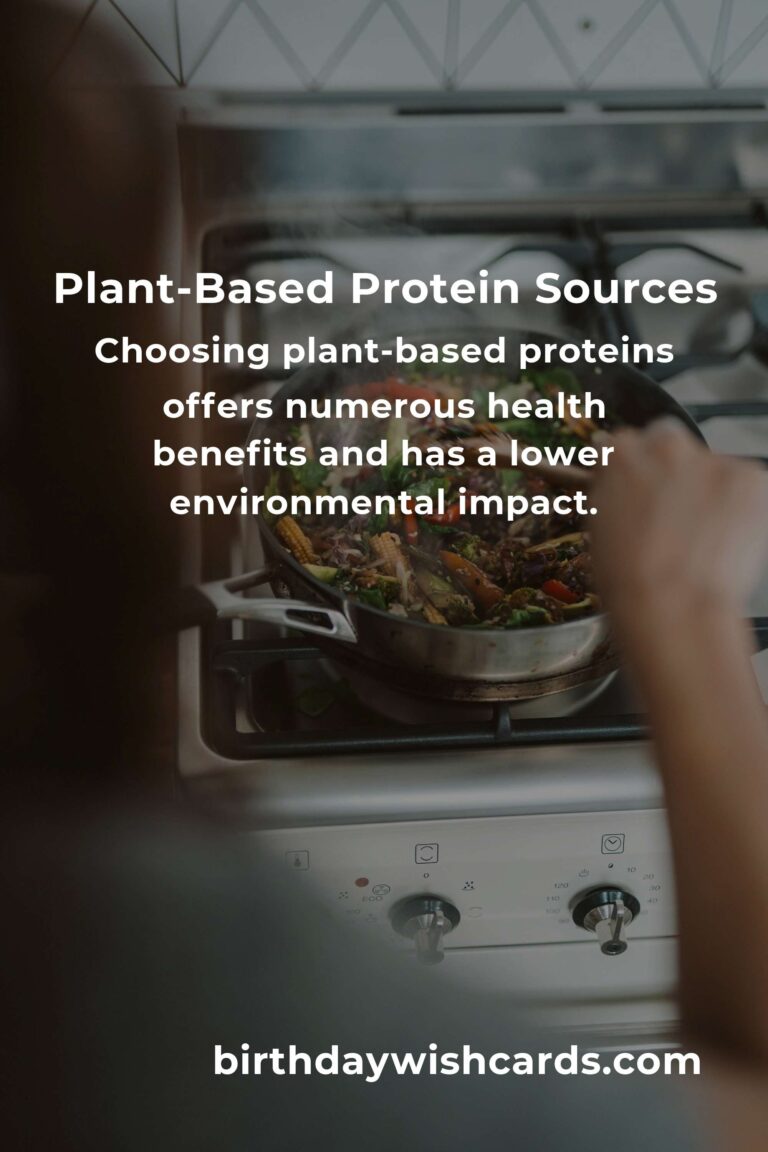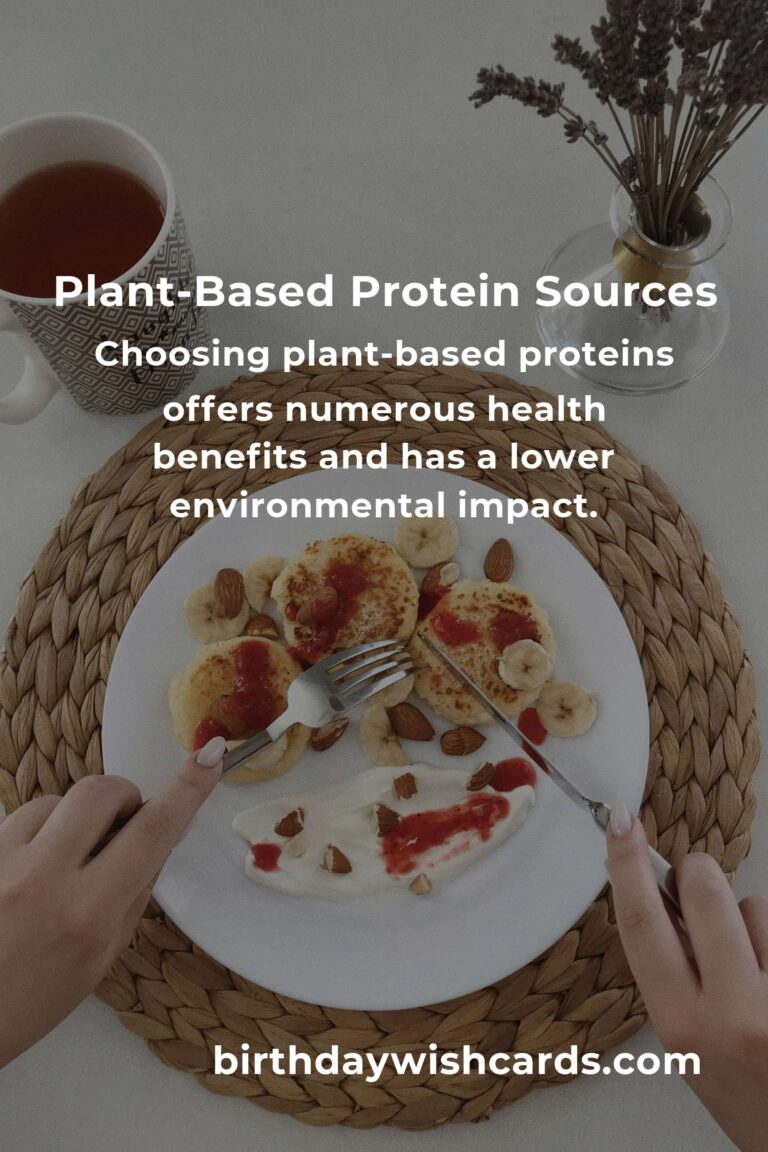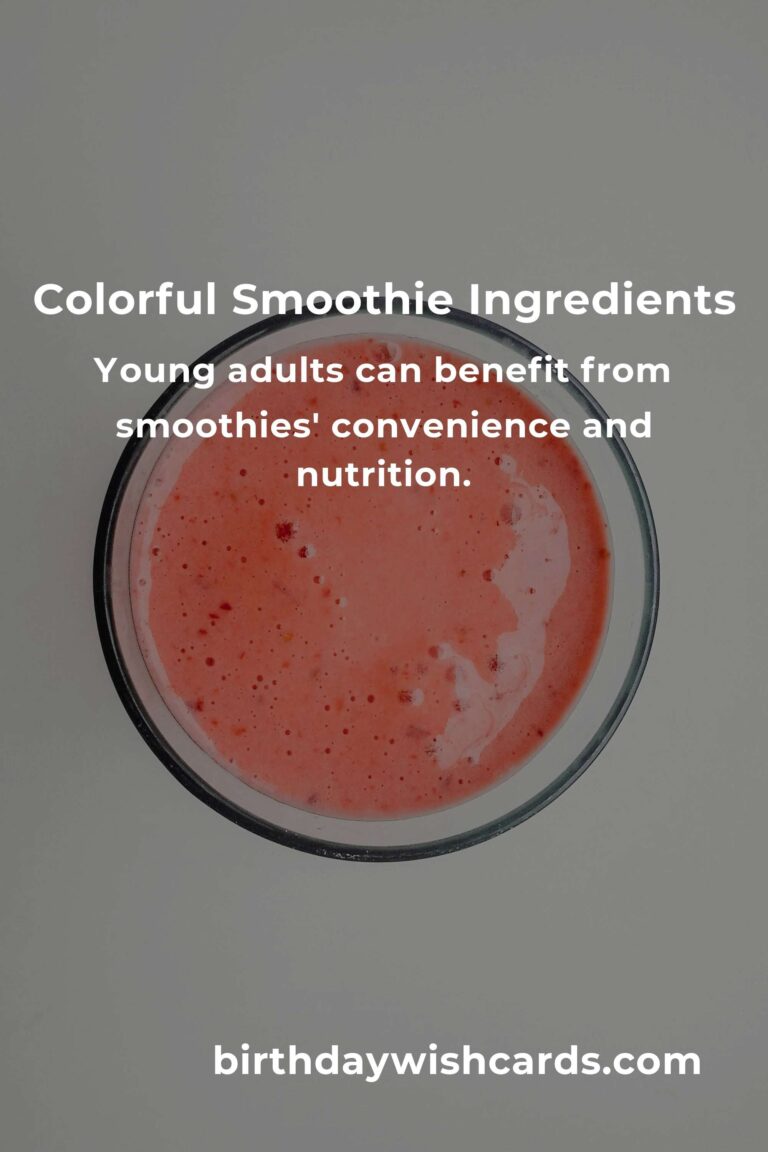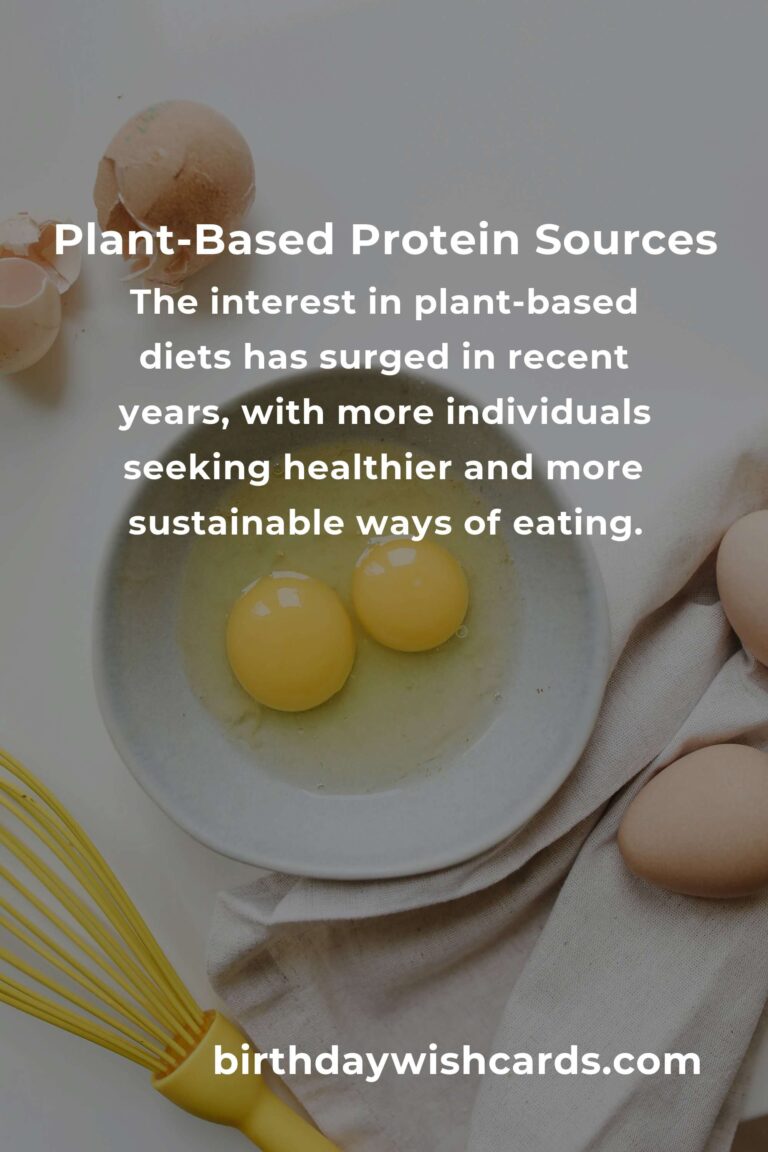
The interest in plant-based diets has surged in recent years, with more individuals seeking healthier and more sustainable ways of eating. One of the most common concerns for beginners is understanding how to get enough protein when transitioning to a plant-based diet. This guide will explore the best sources of plant-based protein and how to incorporate them into your meals.
Understanding Plant-Based Protein
Protein is an essential macronutrient necessary for building and repairing tissues, making enzymes, and supporting immune function. While animal products are rich in protein, plant-based diets can also provide ample protein if planned correctly. The key is to include a variety of protein-rich plants in your diet.
Top Sources of Plant-Based Protein
1. Legumes
Legumes such as beans, lentils, and peas are excellent sources of protein. They are also high in fiber and essential nutrients. For example, a cup of cooked lentils contains approximately 18 grams of protein.
2. Nuts and Seeds
Nuts and seeds like almonds, chia seeds, and flaxseeds are not only rich in protein but also provide healthy fats. A quarter cup of almonds contains about 7 grams of protein.
3. Tofu and Tempeh
These soy-based products are versatile and can be used in a variety of dishes. Tofu and tempeh are packed with protein, offering around 15-20 grams per serving.
4. Quinoa
Quinoa is a complete protein, providing all nine essential amino acids. It contains about 8 grams of protein per cup cooked, making it a great addition to salads and bowls.
5. Edamame
Young soybeans, or edamame, are another protein-rich option. One cup of cooked edamame provides approximately 17 grams of protein.
Tips for Incorporating Plant-Based Protein
Transitioning to a plant-based diet can be simple with the right strategies. Here are some tips to ensure you meet your protein needs:
- Include a source of protein in every meal, such as adding beans to salads or snacking on nuts.
- Experiment with different cooking methods and spices to keep meals exciting.
- Plan your meals ahead of time to ensure a balanced intake of nutrients.
- Consider using protein supplements like plant-based protein powders if needed.
Benefits of a Plant-Based Protein Diet
Choosing plant-based proteins offers numerous health benefits, including reduced risk of chronic diseases, improved digestion, and better weight management. Additionally, plant-based diets have a lower environmental impact, contributing to sustainability.
Conclusion
Embracing a plant-based diet doesn’t mean sacrificing protein. By incorporating a variety of plant-based protein sources, beginners can enjoy a healthy and balanced diet while reaping the benefits of plant-based eating. Whether for ethical, health, or environmental reasons, transitioning to a plant-based protein diet is a rewarding journey.
The interest in plant-based diets has surged in recent years, with more individuals seeking healthier and more sustainable ways of eating.
Protein is an essential macronutrient necessary for building and repairing tissues, making enzymes, and supporting immune function.
Legumes such as beans, lentils, and peas are excellent sources of protein and are also high in fiber and essential nutrients.
Nuts and seeds like almonds, chia seeds, and flaxseeds provide both protein and healthy fats.
Choosing plant-based proteins offers numerous health benefits and has a lower environmental impact.
#PlantBased #HealthyEating #Protein #Vegan #Diet


